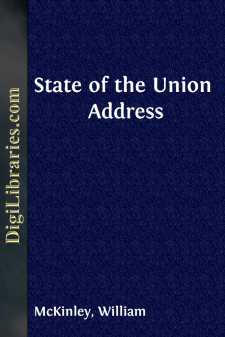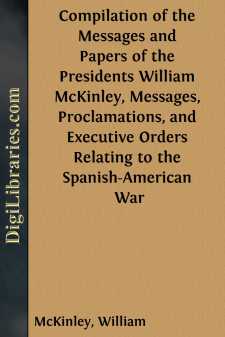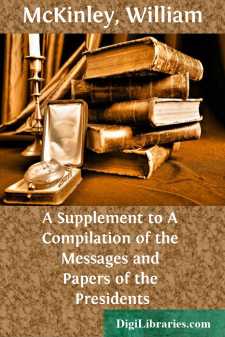Categories
- Antiques & Collectibles 13
- Architecture 36
- Art 48
- Bibles 22
- Biography & Autobiography 816
- Body, Mind & Spirit 145
- Business & Economics 28
- Children's Books 17
- Children's Fiction 14
- Computers 4
- Cooking 94
- Crafts & Hobbies 4
- Drama 346
- Education 58
- Family & Relationships 59
- Fiction 11834
- Foreign Language Study 3
- Games 19
- Gardening 17
- Health & Fitness 34
- History 1378
- House & Home 1
- Humor 147
- Juvenile Fiction 1873
- Juvenile Nonfiction 202
- Language Arts & Disciplines 89
- Law 16
- Literary Collections 686
- Literary Criticism 179
- Mathematics 13
- Medical 41
- Music 40
- Nature 179
- Non-Classifiable 1768
- Performing Arts 7
- Periodicals 1453
- Philosophy 66
- Photography 2
- Poetry 897
- Political Science 203
- Psychology 45
- Reference 154
- Religion 516
- Science 126
- Self-Help 85
- Social Science 82
- Sports & Recreation 34
- Study Aids 3
- Technology & Engineering 59
- Transportation 23
- Travel 463
- True Crime 29
Our website is made possible by displaying online advertisements to our visitors.
Please consider supporting us by disabling your ad blocker.
State of the Union Address
by: William McKinley
Categories:
Description:
Excerpt
To the Senate and House of Representatives:
It gives me pleasure to extend greeting to the Fifty-fifth Congress, assembled in regular session at the seat of Government, with many of whose Senators and Representatives I have been associated in the legislative service. Their meeting occurs under felicitous conditions, justifying sincere congratulation and calling for our grateful acknowledgment to a beneficent Providence which has so signally blessed and prospered us as a nation. Peace and good will with all the nations of the earth continue unbroken.
A matter of genuine satisfaction is the growing feeling of fraternal regard and unification of all sections of our country, the incompleteness of which has too long delayed realization of the highest blessings of the Union. The spirit of patriotism is universal and is ever increasing in fervor. The public questions which now most engross us are lifted far above either partisanship, prejudice, or former sectional differences. They affect every part of our common country alike and permit of no division on ancient lines. Questions of foreign policy, of revenue, the soundness of the currency, the inviolability of national obligations, the improvement of the public service, appeal to the individual conscience of every earnest citizen to whatever party he belongs or in whatever section of the country he may reside.
The extra session of this Congress which closed during July last enacted important legislation, and while its full effect has not yet been realized, what it has already accomplished assures us of its timeliness and wisdom. To test its permanent value further time will be required, and the people, satisfied with its operation and results thus far, are in no mind to withhold from it a fair trial.
Tariff legislation having been settled by the extra session of Congress, the question next pressing for consideration is that of the currency.
The work of putting our finances upon a sound basis, difficult as it may seem, will appear easier when we recall the financial operations of the Government since 1866. On the 30th day of June of that year we had outstanding demand liabilities in the sum of $728,868,447.41. On the 1st of January, 1879, these liabilities had been reduced to $443,889,495.88. Of our interest-bearing obligations, the figures are even more striking. On July 1, 1866, the principal of the interest-bearing debt of the Government was $2,332,331,208. On the 1st day of July, 1893, this sum had been reduced to $585,137,100, or an aggregate reduction of $1,747,294,108. The interest-bearing debt of the United States on the 1st day of December, 1897, was $847,365,620. The Government money now outstanding (December 1) consists of $346,681,016 of United States notes, $107,793,280 of Treasury notes issued by authority of the law of 1890, $384,963,504 of silver certificates, and $61,280,761 of standard silver dollars.
With the great resources of the Government, and with the honorable example of the past before us, we ought not to hesitate to enter upon a currency revision which will make our demand obligations less onerous to the Government and relieve our financial laws from ambiguity and doubt....




